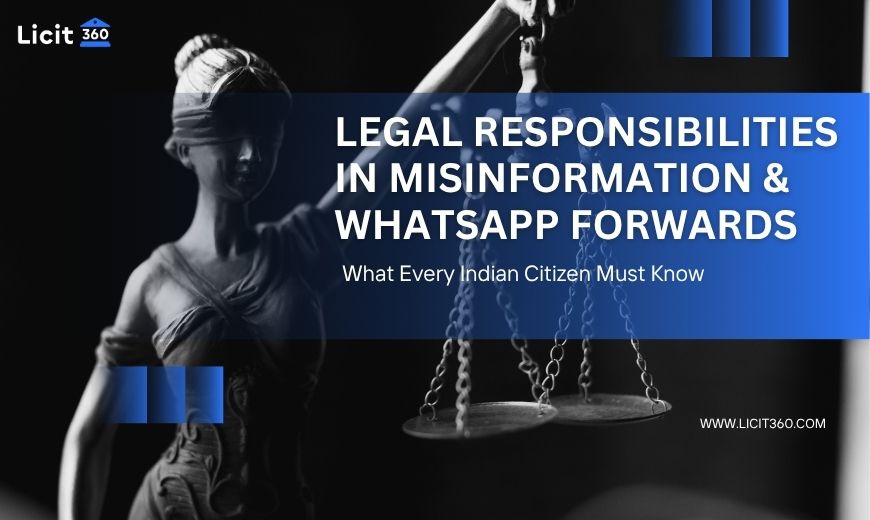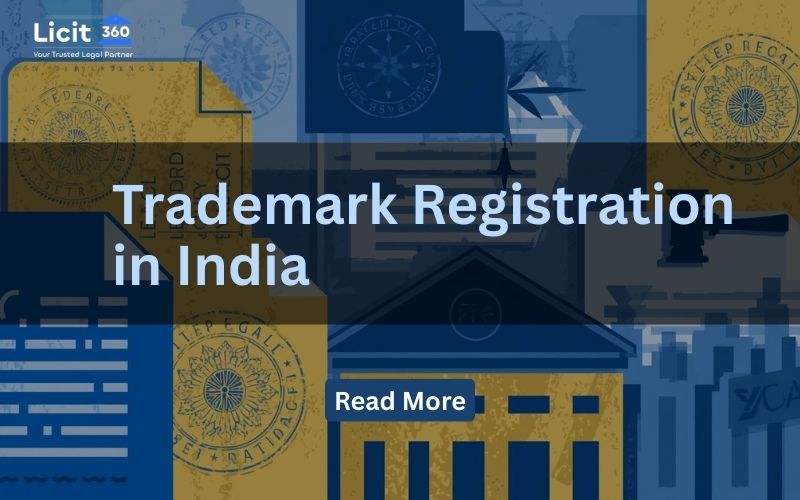Nowadays, with so many ways to share information online, it moves faster than it used to, especially on apps like WhatsApp. Being powerful also means you have more responsibility. People who forward a message can now get into big legal trouble if the content is false, abusive or misleading.
The Legal Landscape: Why Misinformation is a Crime
Fake messages, hate campaigns and false news can actually impact peoples’ lives. Of late, the courts and police in India have stepped up efforts to stop the spread of fraudulent posts, mainly on WhatsApp, Telegram, Facebook and Instagram.
Latest Update (2025):
In April 2025, the Bombay High Court approved the arrest of an individual who forwarded a manipulated video claiming trouble between different communities was taking place. The court declared that “releasing unconfirmed details online can be considered helping to cause public chaos.”
It tells us clearly: Ignorance of the law is no excuse. If you forward fake news, you are accountable.
What Laws Cover Misinformation in India?
Whether intended or not, spreading false information can invoke a number of legal sections in Indian law:
- Information Technology Act, 2000 (Amended 2023)
- Section 66D: Disguising oneself via computer-controlled resources is also a form of fraud (as is the case with fictitious alerts).
- Section 67: Deals with the publishing or sending of obscene and or offensive works.
- Section 69A: Authorizes the government to restrict access to content that is injurious — and prosecute those who distribute it.
- Indian Penal Code (IPC)
- Section 505(1)(b): Conducive statements stated for public mischief.
- Section 153A: Fostering ill will and hatred in between different sections of people on the basis of religion, race and so on.
- Section 295A: Outrage upon modesty of a class of persons by deliberate and malicious acts.
Recent Trend: In extreme cases of viral misinformation campaigns which jeopardize national security, the law enforcement increasingly uses UAPA (Unlawful activities Prevention Act).
How Misinformation Spreads: The WhatsApp Factor
WhatsApp uses end-to-end encryption which makes tracking the origin of a viral message quite difficult, although not impossible. In several recent instances, investigators were able to track the source of messages using device forensics and metadata analysis that led to:
- Mob lynching’s
- Communal riots
- Public panic (false earthquake or lockdown notifications)
The Indian Cyber Crime Coordination Centre (I4C) stated in a 2024 report that WhatsApp received over 32,000 complaint files and about 32,000 were related to misinformation spread on the platform.
What the Courts Are Saying
The law has ruled out, forward as received, as a feasible defense.
Courts now view any message forwarding that results in circulation of documents deemed dangerous as an active contribution to the dissemination of vendetta-violence material. Bail is rarely granted with the commission of offenses aimed at communal violence or hate speech.
What You Can Do: Be a Responsible Digital Citizen
Before forwarding a message, STOP and VERIFY:
- Is it from a credible source?
- Has it been fact-checked by platforms like Alt News or PIB Fact Check?
- Could it cause panic, fear, or hatred?
If in doubt, don’t forward it.
Safe Practices:
- Turn off auto-downloads of media on WhatsApp.
- Report suspicious content in groups.
- Educate friends and family about the legal risks.
- Follow trusted news sources for updates.
Insight: Digital Literacy Is Legal Literacy
The majority of users remain unaware that even private forwards within small groups can be incriminating evidence against them. This is a crucial area of focus for education in cybersecurity, especially in Tier 2 & Tier 3 cities where WhatsApp serves as a primary source of information.
At Licit360, we help you track emerging legal issues relevant to your rights and obligations in the context of technology.
Need Legal Advice on a Misinformation Case?
Our expert panel at Licit360 can help you:
- Respond to police notices
- File counter-complaints for false allegations
- Understand IT Act compliance
Contact us now for a free consultation or browse our legal guides for more insights.
Final Thought: Don’t Just Forward. Think First.
In a world where messages go viral in seconds, every user is a publisher. And with publishing power comes legal responsibility. Stay aware, stay informed — and help create a safer, more truthful digital India.










